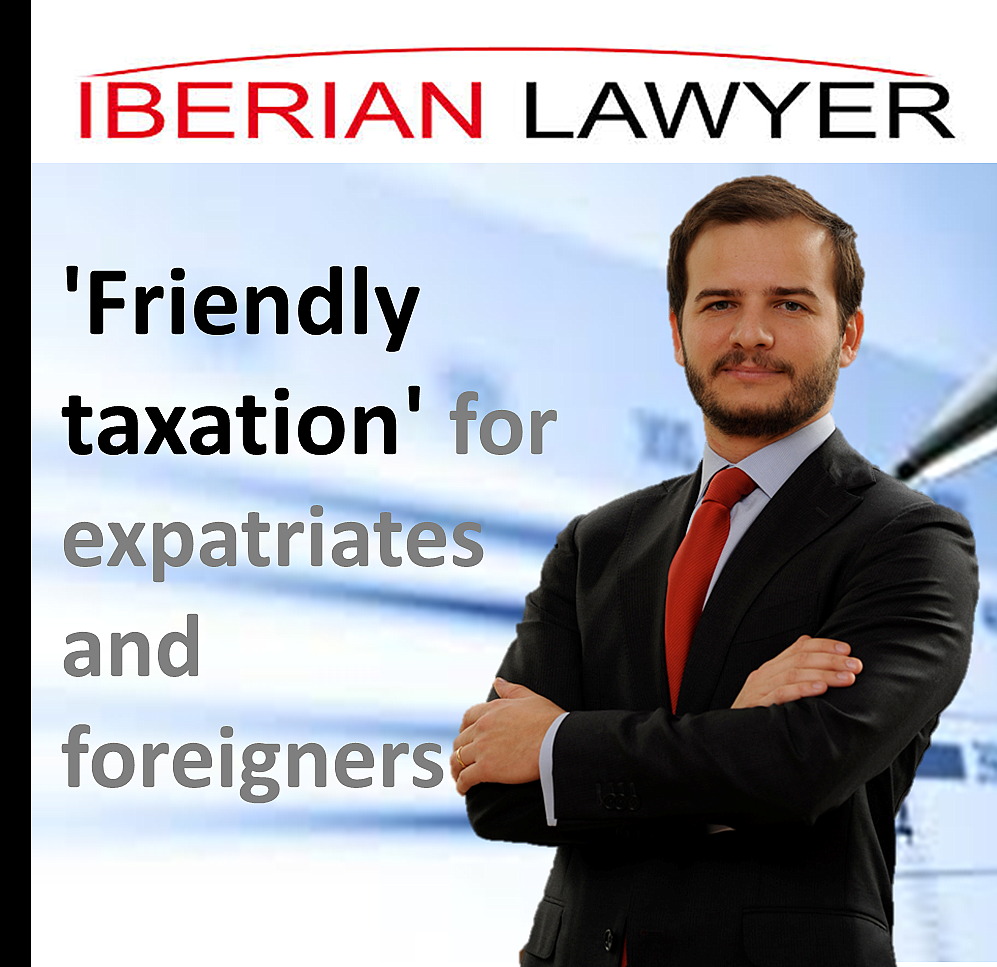Joaquim Pedro Lampreia, managing associate at the Tax practice is the author of the article "'Friendly taxation' for expatriates and foreigners" published by Iberian Lawyer, September/October 2014 edition.
|
|
'Friendly taxation' for expatriates and foreignersPortugal has been adjusting its personal income tax regime and is now one of the front-runners to benefit from the worldwide increase in personal mobility and the dislocation of high-net-worth individuals. |
|
A draft project to reform the Portuguese Personal Income Tax Code was unveiled in mid-July as part of the government´s plans (which includes the reform of the Corporate Income Tax code that entered into force this year and the green tax reform currently in discussion) to use tax policy to gain competitive advantage for the economy and avoid the hindrance of growth. Arguably the most successful endeavour so far concerns the effort to entice expatriates and high-net-worth individuals to move to Portugal, via a friendly tax regime and also by creating a special immigration regime, known as the Golden Residence Permit. In this regard, the draft project contains several proposals to develop this approach, which could mean good news for many expatriates and high-net-worth individuals around the world. The government also announced that a new tax regime for Portuguese expatriates will be presented in the next few months. These amendments include: The Success of the Non-habitual Tax Residents regime The now hugely successful Non-habitual Tax Residents regime (NHR) foresees a very favourable tax regime applicable to individuals transferring their tax residence to Portugal. The NHR is one of the most competitive European regimes, in particular due to the following key-features:(i) no deemed taxation/"lump-sum" taxation, (ii) full exemption to certain types of active and passive foreign-source income,(iii) low taxation applicable to certain types of Portuguese-source income, (iv) no limitation on the remittance of funds, (v) no wealth tax and (vi) no gift/inheritance tax on funds or assets transferred to spouses, ascendants (e.g. parents) or descendants (e.g. children). Moreover, this regime applies free of charge and is granted for a period of 10 years. Although in force since 2009, the NHR´s success was boosted in 2012, when the Portuguese tax authorities clarified a number of doubts that were plaguing its application. The draft project now aims to broaden the scope of the NHR. One of the major amendments is the inclusion, within this regime, of the income of the members of the corporate board of directors. A new tax regime for Portuguese expatriates Alongside the NHR for "inbound" individuals, the government announced a new tax regime for "outbound" individuals in the form of friendlier taxation on Portuguese expatriates. The aim is to aid the internationalisation process of Portuguese companies. Even though no specific information has yet been unveiled, this new regime should apply to current Portuguese tax resident employees that perform part or most of the work abroad, namely in Portuguese-speaking African countries. The personal tax residency status The draft project also intends to clarify the timing of the acquisition and loss of personal tax residency status, which is currently a much debated and contentious matter. Presently, a legal change in the tax residency status implies a retroactive effect to the 1 January, so as to include the entire calendar year. For inbound, as for outbound persons, this could translate into a double tax residency issue between Portugal and the origin or the destination jurisdiction. The draft project's proposal is to set a split-year residence rule, whereby the tax residency status change is effective from the date a person enters or leaves the Portuguese territory. |
|

